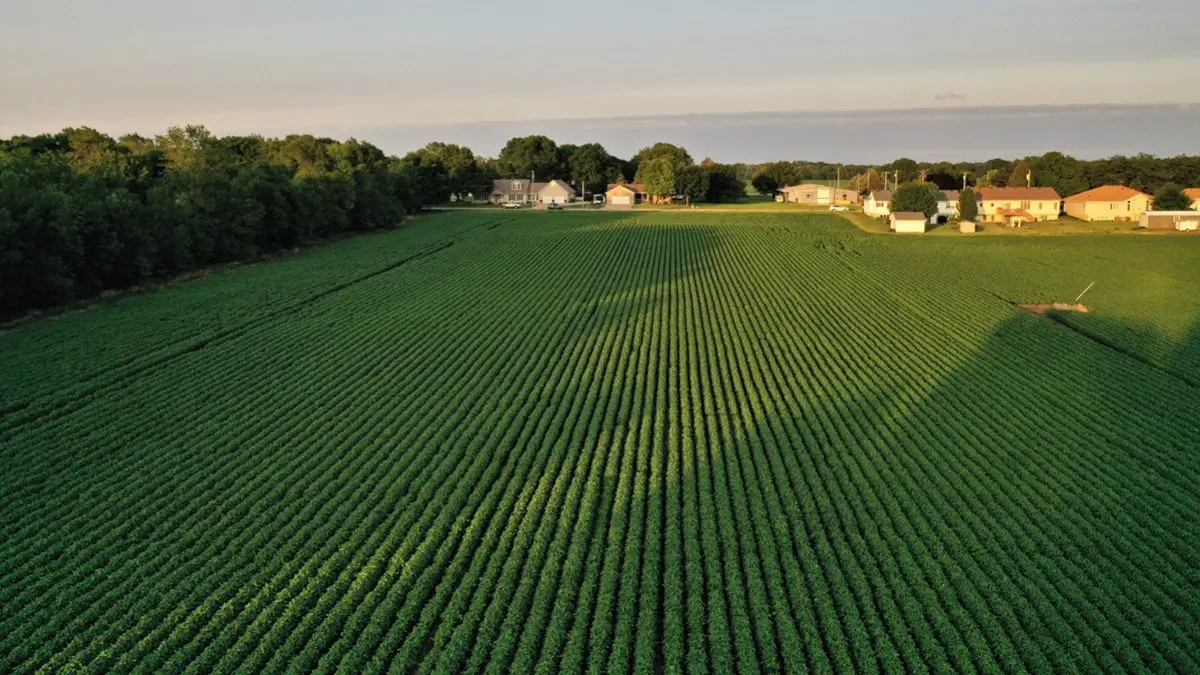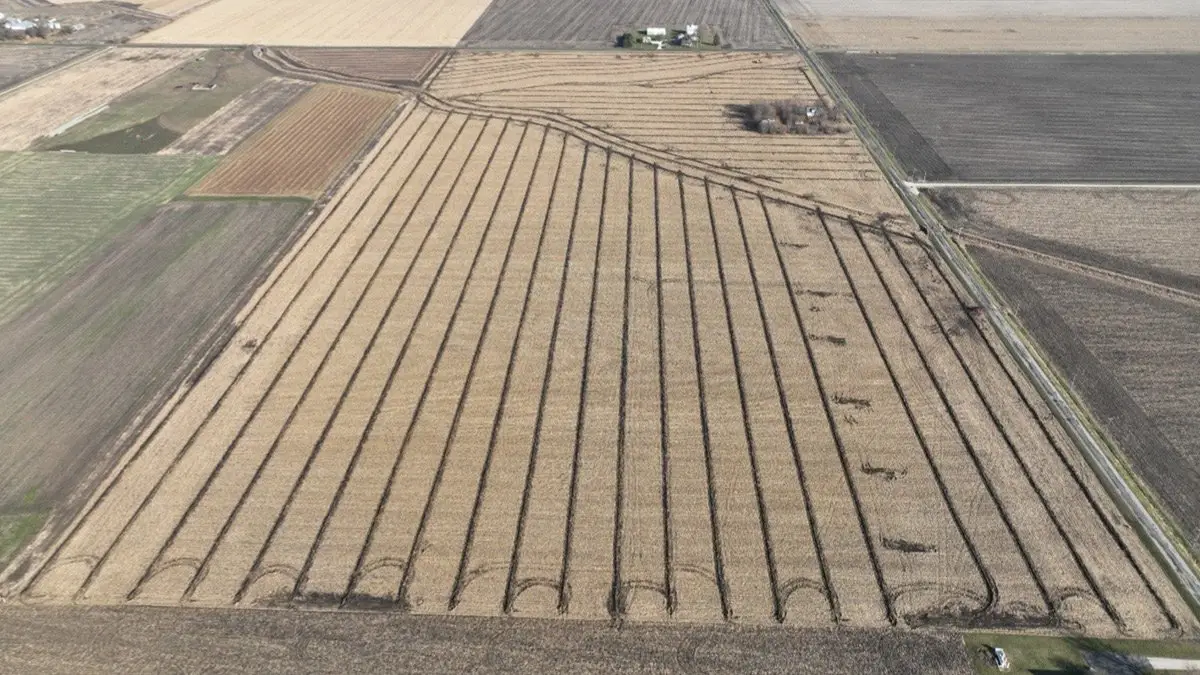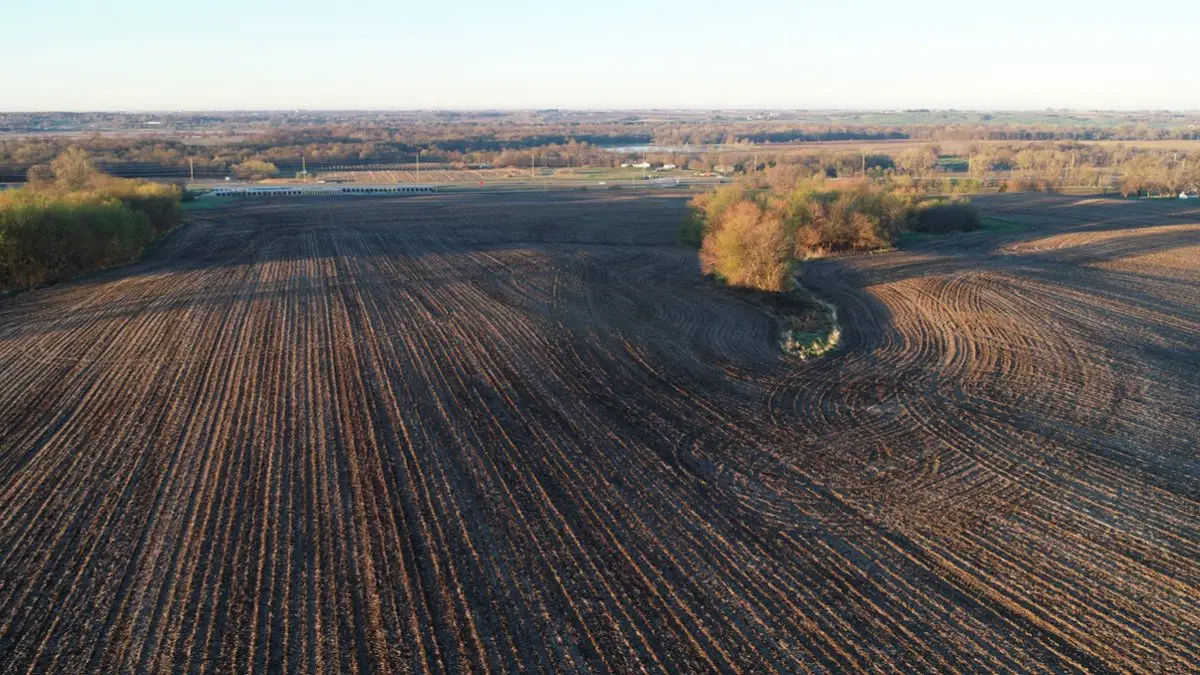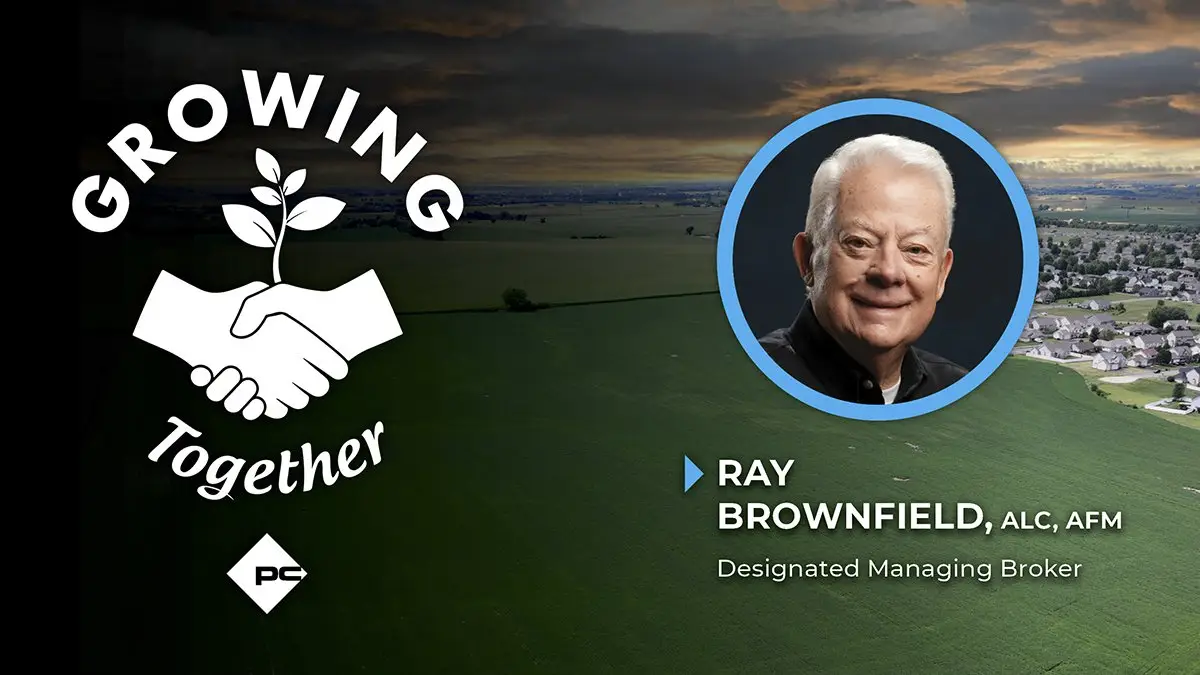Farm leases come in many forms, and each type of lease reflects a different set of landowner priorities and risk appetite:
1. Direct Operation: Landowner assumes all production and economic risks; pays 100% crop expenses and receives 100% of crop revenue, along with providing all labor and machinery.
2. Custom Farming: Landowner assumes all production and economic risks; pays 100% of crop expenses and receives 100% of crop revenue. A local farm operator is hired to plant and harvest the crop for a flat fee.
3. Crop Share Leases: Landowner and farm operator share the expenses and revenue in proportions established in the lease document.
4. Flexible Cash Lease: Landowner receives a guaranteed cash rent payment, plus a bonus when gross revenue exceeds a predetermined base amount.
5. Cash Lease: Landowner receives a guaranteed cash rent payment annually.
Direct operation, custom farming, and crop share leases offer landowners the opportunity to market their assigned portion of the crop. Ideally, crops are sold at a price that covers the production costs and generates a desired profit, and executing a plan that does both is where the risk comes in.
It is common to sell a crop incrementally over the growing season and complete the sale cycle after harvest. Forward contracting is pre-harvested grain sales to help attain desired income levels, where the seller agrees to deliver grain at a given time to the elevator at the contracted price.
Forward contracting anticipates the grain to be harvested and crop insurance is a valuable tool in delivering on that promise. Many options within crop insurance will protect grain positions at a basic level, along with endorsements for additional protection.
Note: The following information is presented using any grain across the country. Insurance varies from state to state, depending on the crop, and a licensed agent should be contacted for specific farm recommendations.
Revenue Protection and Yield Protection
Insures producers against yield losses due to natural causes (drought, excess moisture, hail, wind, frost, disease, etc.) and revenue losses caused by a change in the harvest price from the base price. Revenue Protection differs from Yield Protection in that a commodity exchange also determines a harvest price.
If the harvest price is lower than the base price, the insured Revenue Protection guarantee does not change.
If the harvest price is higher than the base price, there will be no actual revenue loss, but the insured receives the additional dollar increase at no extra premium cost.
Revenue Protection guarantee (per acre) is determined by multiplying the production guarantee (per acre) by the greater, either the base price or the harvest price and receiving that amount.
Changes from the base price and harvest price (increase or decrease) affect the overall revenue coverage.
If the harvest price increases, the bushel guarantee remains constant based on the amount of MPCI coverage.
Revenue Guarantees on the Crop Insurance Policy and the price the grain is sold at market are not correlated.
Endorsements
Options that can be added to a Multi-Peril Crop Insurance policy (MPCI) or underlying Hail policy for specific additional coverage options depend on the crop and insurance plan. These are designed to help reduce risk by increasing coverage and offsetting losses due to specific exposures. Crop Insurance is very complex, growers and policyholders need to discuss these different options with a licensed crop insurance agent by the sales closing deadline (March 15th). Understanding the amount of risk associated with your operation can assist you in purchasing the best plan and endorsement that fits your specific needs.
How does crop insurance manage risk?
If an event reduces the amount produced and there is not enough to satisfy the contract, the seller must obtain grain from another source and deliver it to that elevator. To provide the funds to do this, the seller uses the money paid from the insurance policy to buy grain on the open market and then satisfy the obligation made to the elevator. Note: Elevators may have their own policy on handling these circumstances, so be sure to check with them before entering into any contract.
Below are common questions regarding crop insurance to help explore the process.
Q. How do I know how much grain I can forward contract?
A. Each farm policy determines an average yield to establish the guaranteed revenue. Depending on the chosen coverage level, a seller uses that yield number to guide grain sales. Insured levels can range from the minimum 65% level up to the maximum 80% level. Example: If you insure at the 70% level and your average yield is 200 bushels, you will insure 140 bushels per acre.
A common guideline used in forward contracting is to keep sold bushels below the insured level, to allow room when the minimum revenue per acre is figured along with other outside factors that can affect the guaranteed amount. When planning an amount to sell, 40% to 50% of your share of the anticipated crop production is a workable level, keeping in mind that the remaining unpriced bushels will sell at or after harvest.
Q. If I sell grain in the spring and by fall the price of grain is a lot higher, and I have a yield loss and can’t cover my bushels, how do I pay for the additional bushels at the higher price?
A. Insurance calculates the guaranteed revenue using a crop’s spring price (base price) or the fall price, whichever is greater. In the event you sell corn at $4.40 and in the fall it’s $5.50 and you are short grain to cover your contract, your guaranteed revenue will be higher than projected in the spring since the fall price is higher. This will provide you with the additional funds needed.
It is advised to speak with a crop insurance agent if the above actions are new to you. For more information about Peoples Company land management services or our crop insurance offerings, contact us by calling 855.800.LAND (5263) or info@peoplescompany.com.







